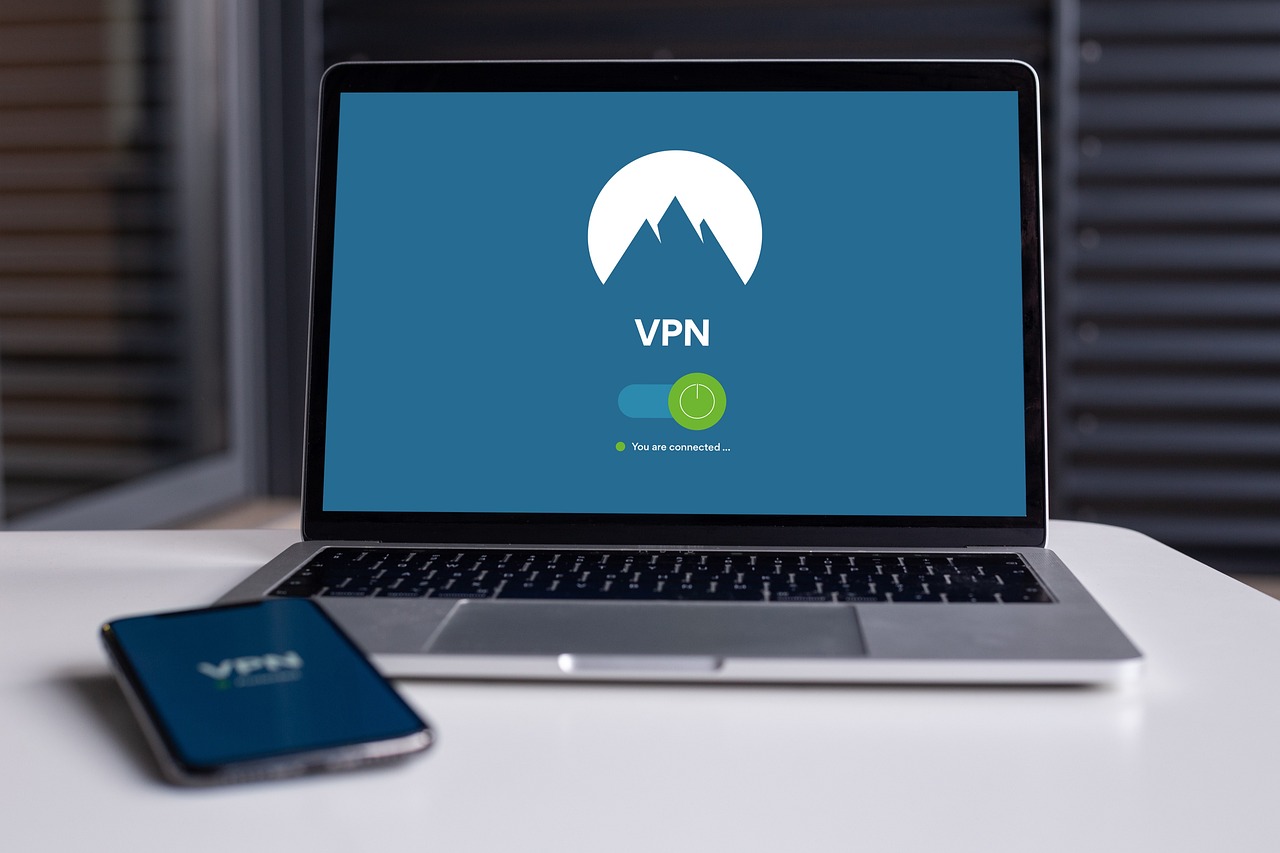With the popularity and development of the Internet, VPN (Virtual Private Network) has become the tool of choice for more and more people to protect their privacy and data security on the Internet.VPN transmits users' network traffic to a remote server through encrypted communication and tunneling technology, making it difficult to be monitored and traced on the Internet. However, different types of VPN protocols differ in terms of encryption methods, speed, stability, and applicable scenarios. This article will introduce several common VPN protocols and analyze their advantages and disadvantages and applicable scenarios.

PPTP (Point-to-Point Tunneling Protocol) is one of the earliest VPN protocols, which is simple and easy to use, and is suitable for low security requirements.PPTP uses 128-bit encryption to protect data transmission, but it is relatively weak and easy to be broken. Therefore, it is not suitable for scenarios with high security requirements such as handling sensitive information or involving financial transactions.
1.Advantages:
① Easy to set up and use, suitable for novice users.
② Faster speed, suitable for ordinary Internet browsing and e-mail sending and receiving.
2. Disadvantages:
① Weak security, not suitable for handling sensitive information.
② In some network environments may be blocked, resulting in failure to connect.
3. Applicable Scenarios:
PPTP protocol is suitable for general web browsing and email communication, such as using public Wi-Fi to access the Internet while traveling.
L2TP/IPsec (Layer 2 Tunneling Protocol / Internet Protocol Security) is a combination protocol that combines the advantages of L2TP and IPsec.L2TP provides data encapsulation and tunneling capabilities, while IPsec provides strong encryption and authentication mechanisms to improve data transmission security.
1.Advantages:
① Stronger encryption, providing a higher level of data protection.
② Good compatibility, supports a variety of devices and operating systems.
2. Disadvantages:
① May be slower due to double encryption and encapsulation process.
② May face blocking and unstable connection in some network environments.
3.Applicable Scenarios:
L2TP/IPsec protocol is suitable for scenarios with high security requirements, such as telecommuting and sensitive data transmission.
OpenVPN is an open source VPN protocol that provides a high level of encryption and security through the SSL/TLS protocol.OpenVPN can run on both UDP and TCP ports, and has a high degree of flexibility, making it popular.
1.Advantages:
① Strong encryption and provides high-level data protection.
② Good compatibility, supports a wide range of devices and operating systems.
It can run on different ports and adapt to different network environments.
2. Disadvantages:
① Configuration and settings are more complicated, suitable for users with a certain technical basis.
② Due to the encryption process, it may lead to a slightly slower speed.
3. Applicable Scenarios:
OpenVPN protocol is suitable for users with high security requirements and a certain technical basis, such as corporate employees telecommuting, network administrators and so on.
IKEv2/IPsec (Internet Key Exchange version 2 / Internet Protocol Security) is a newer VPN protocol that is widely used on mobile devices. It provides high-level encryption and stable connections for mobile network environments.

1.Advantages:
① Strong encryption and provides high-level data protection.
② Excellent performance in mobile networks, suitable for use on mobile devices.
③ Supports fast switching network environment, adapting to the needs of mobile users.
2. Disadvantages:
May be blocked in some network environments, resulting in failure to connect
3.Applicable Scenarios:
IKEv2/IPsec protocol is suitable for use on mobile devices, such as protecting the network security of mobile devices such as cell phones and tablets when traveling.
Summary:
Different types of VPN protocols differ in encryption, speed, stability and applicable scenarios. When choosing a VPN service provider, users should select the right VPN protocol according to their needs and usage scenarios. For general web browsing and email communication, PPTP protocol can fulfill the needs. For scenarios with higher security requirements, L2TP/IPsec and OpenVPN protocols are good choices. And for use on mobile devices, IKEv2/IPsec protocols have certain advantages. By understanding the different types of VPN protocols, users can better utilize VPN to protect privacy and data security, and achieve a safer and smoother network experience in the digital age!
 e-mail
e-mail